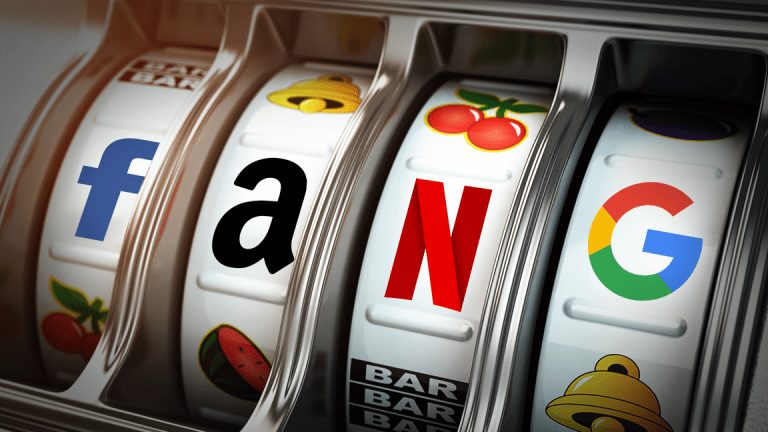Sonos, Popsockets and Basecamp complain to Congressional antitrust subcommittee of bullying by Amazon and Google
3 min. read
Published on
Read our disclosure page to find out how can you help MSPoweruser sustain the editorial team Read more

We reported earlier that Sonos has taken Google to court for abusing their access to their products to copy their smart speaker technology and take over their market.
Yesterday the company has joined Popsockets and BaseCamp in complaining of abuse of their powerful position by Amazon and Google to the Congressional antitrust subcommittee.
Patrick Spence, CEO of Sonos, said Amazon and Google were “using their power in one market to conquer or destroy adjacent markets.”
He claimed Google Home and Amazon’s Alexa now control 85% of the smart speaker market “which we invented.”
“I’m concerned that the market conditions that allowed us to innovate and thrive over the past two decades are being endangered by the rise of a small group of dominant companies with unprecedented power,” Spence said.
“The opportunity for these companies is to dominate yet another important consumer market and more critical, to use the smart speaker to collect vast amounts of consumer data which can be monetized on their already dominant platforms,” he noted.
David Heinemeier Hansson, a co-founder of project management software Basecamp and the creator of open-source software Ruby on Rails, also complained of an asymmetrical relationship with Google.
“Google uses this monopoly to extort businesses like ours to pay for the privilege so consumers who search for our trademark brand names can find us because if we don’t, they will sell our brand name as misdirection to our competitors,” Hansson said. “Google feigns interest in recognizing trademark law by banning the use of trademark terms in ad copy but puts the onus of enforcement on victims and does nothing to stop repeat offenders, unless of course, the trademark terms belongs to Google itself. Then enforcement is swift and automatic.”
PopSockets complaining of bullying by Amazon, who demanded the company carry the cost for discounts Amazon made to their product. Due to this PopSocket attempted to leave Amazon.
“Their response was ‘No, you’re not leaving the relationship,’” founder David Barnett said during the hearing.
“While bullying is not technically illegal,”, Barnett noted, “when there’s bullying by an extremely successful company with all these partners that continue to do business with it, one has to ask how is it that a successful business maintains partnerships with so many companies by bullying them. It’s because of the power symmetry, of course, that companies tolerate this. They have to tolerate this.”
“It’s become clear that these firms have tremendous power as gatekeepers to shape and control commerce online,” said U.S. Rep. David Cicilline (D), chairman of the antitrust subcommittee.
The hearing was the fifth in a series of meetings investigating online platforms.
“It’s our responsibility to make sure that the marketplace is working, that it’s promoting competition, that it’s protecting innovation,” Cicilline noted. “That’s the focus of this investigation, to figure out how to get this marketplace working and what are the consequences that are being experienced by entrepreneurs, small businesses and consumers as a result of this tremendous market concentration.”
Yesterday’s hearing can be seen in full here.
Via ColoradoSun









User forum
0 messages